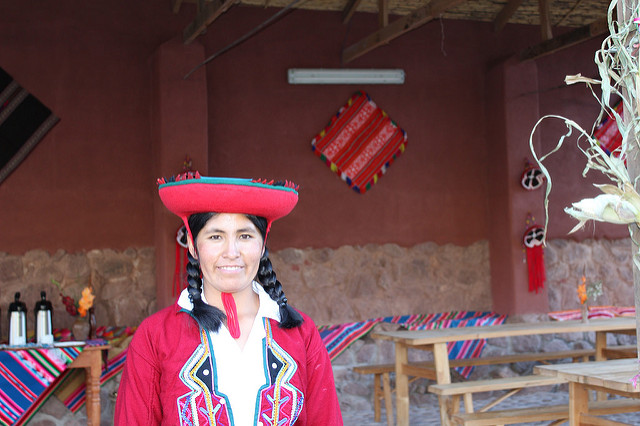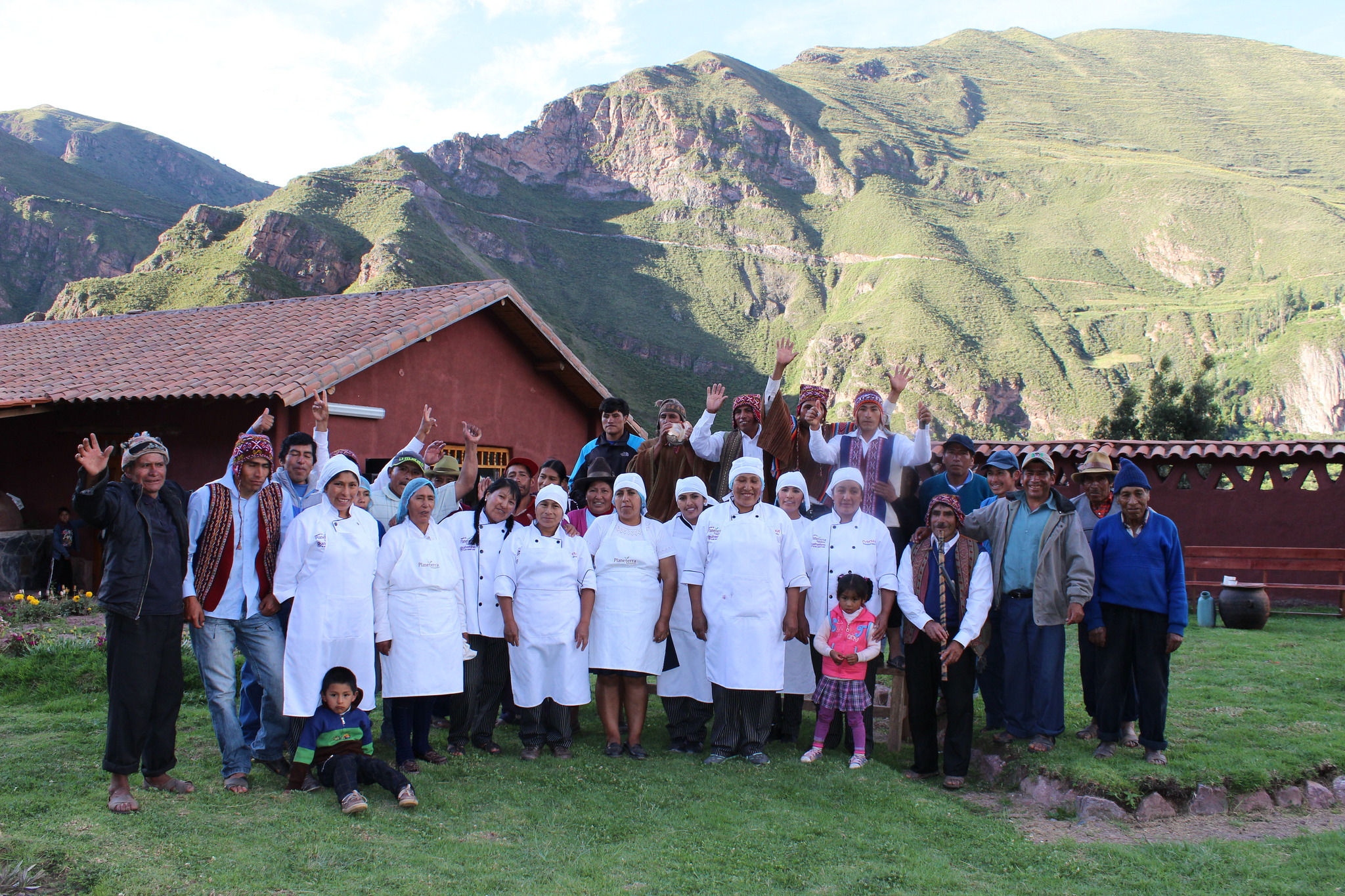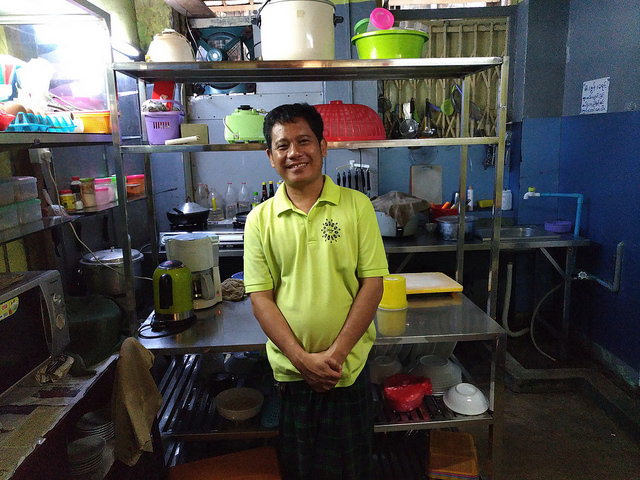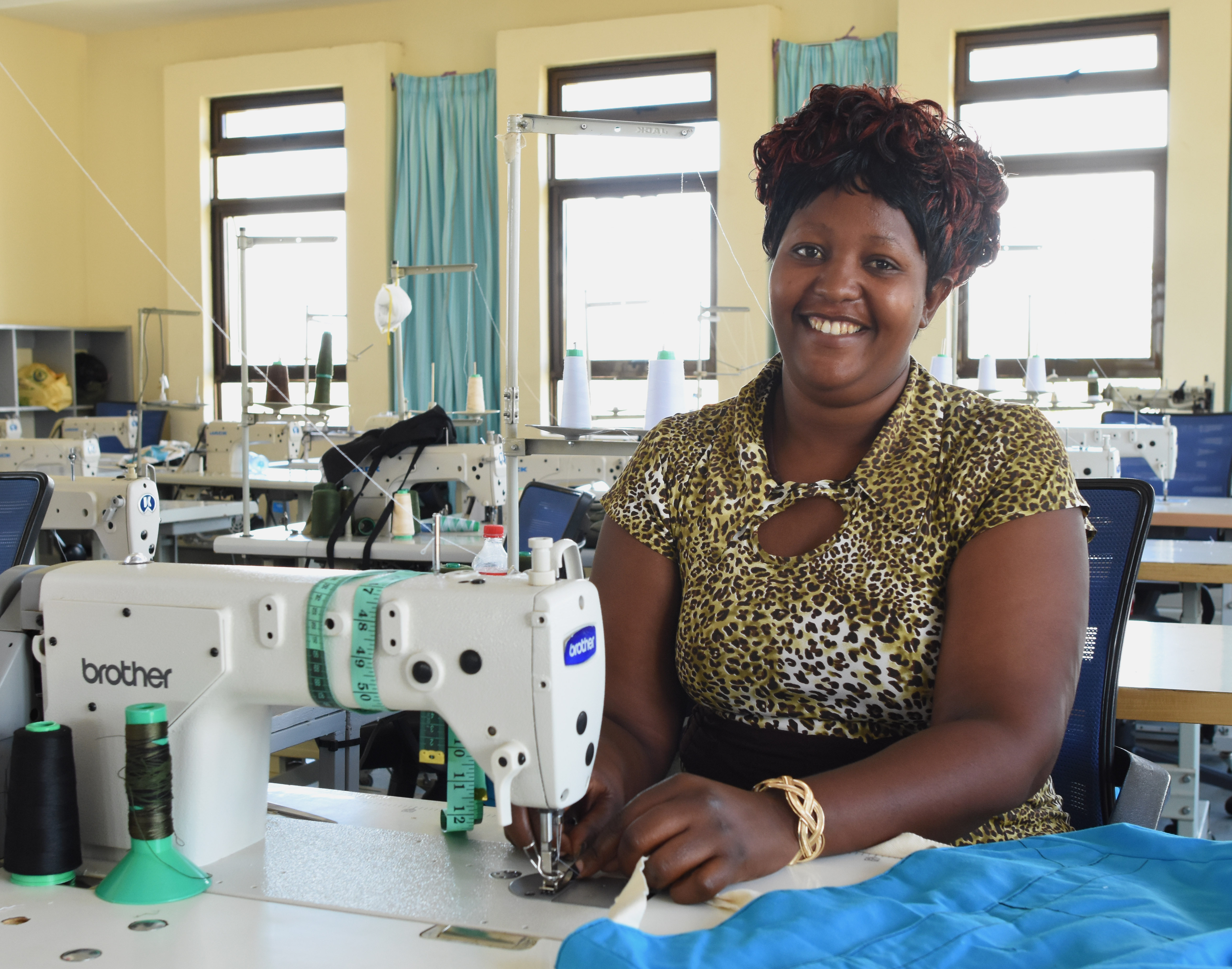When Zimbabwe experienced the world’s worst case of inflation in 2008, many of the country’s inhabitants struggled to meet the basic needs of their families. However, there is a growing movement to form cooperatives to create thriving businesses. Despite a traditional gender disparity, many Zimbabwean women are forming cooperative groups to provide services like tailoring, catering, and animal husbandry. These groups are taking matters into their own hands – creating income for their families and communities while empowering other women to build and launch their own businesses.
One such cooperative is the Lusumpuko Project (Lusumpuko means “progress” in Tonga), which was formed by 20 women from the Chinotimba township on the outskirts of Victoria Falls who found themselves without the means to support their families.
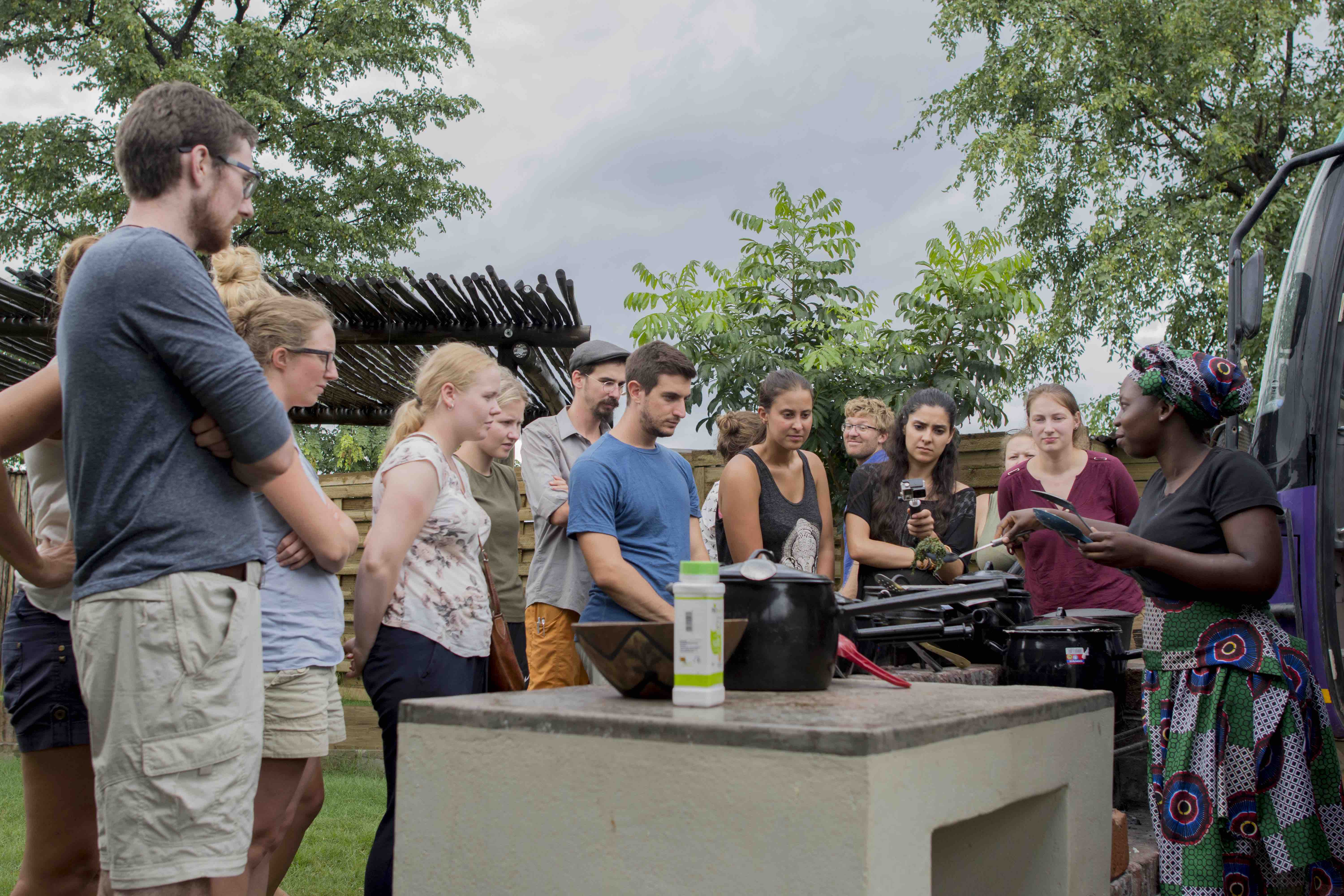
“If everyone had something to do or had an income at the end of the day, then people would be able to take their children to school, they’d be able to get healthcare, they would be able to get shelter over their heads,” explains Merlyn Mpofu, the Secretary of the group.
Taking a turn most cooperatives do not, Lusumpuko decided to partner with Planeterra, in order to harness the tourism industry and launch a catering business for visiting foreigners.
Planeterra has been working with this group since July 2017, with the help of Evie Ndhlovu, who has been assisting the ladies on behalf of Planeterra with training in hospitality, marketing, and more. Lusumpuko is one of 13 Planeterra partners who directly benefit women’s empowerment, and the newest project to launch in 2018. The Lusumpuko Project, originally a chicken-rearing endeavour, has expanded to a catering business – with G Adventures travellers to Victoria Falls as their main customer base and Planeterra providing a kick-starter grant to get their business off the ground.
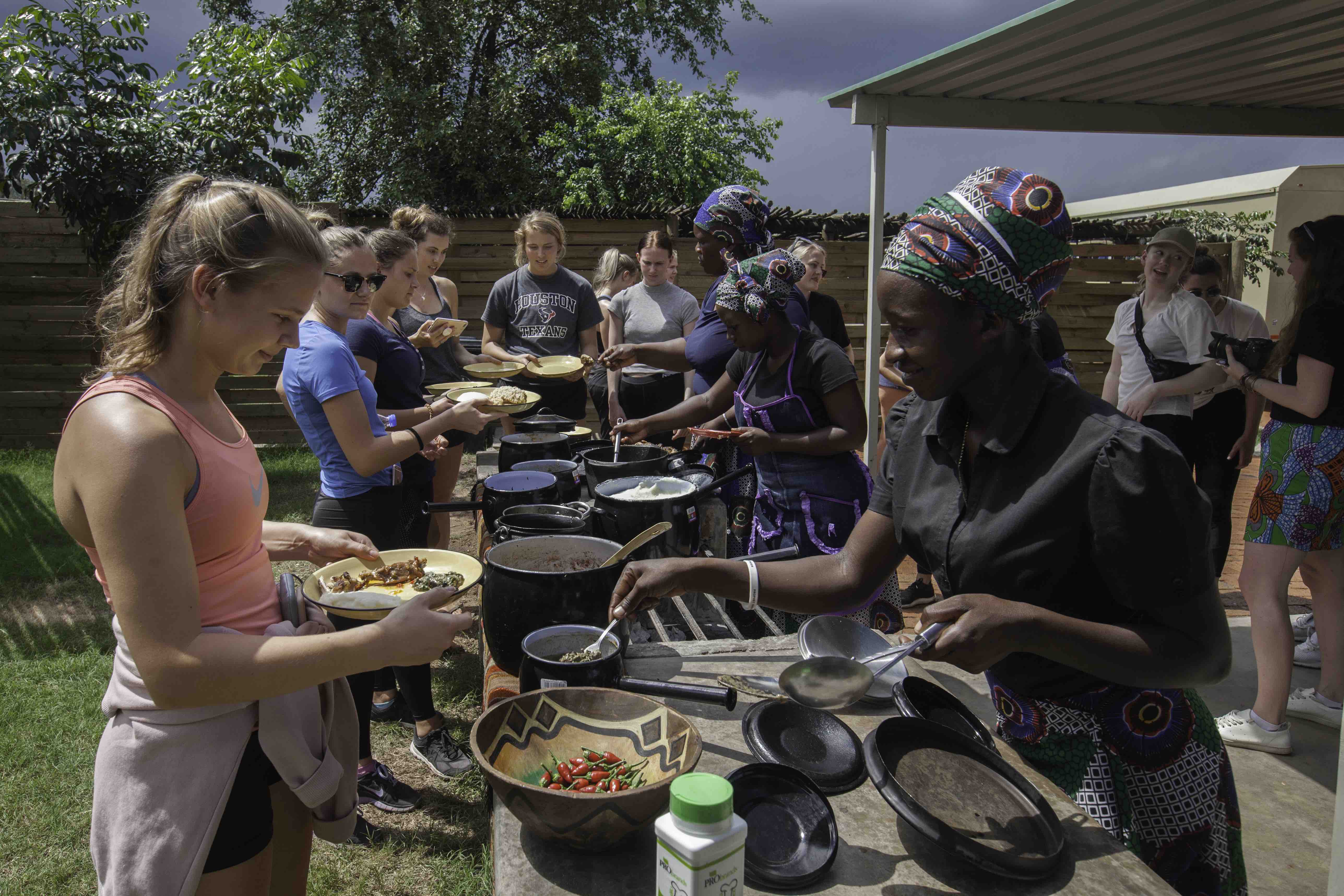
“If tourism grows, the opportunity of employment will grow, too,” noticed Linda Makarutse, the President of Lusumpuko. “The problem now is some of our age group and youth, they are not educated enough to get a job in the tourism industry. There is a need for hospitality training classes, and opportunities for women and youth here in Victoria Falls.”
Despite the gap in ability for many in Victoria Falls to benefit from the tourism industry, both Merlyn and Linda, along with the rest of the Lusumpuko members, believe they can have a hand in helping the next generation.
“We’re feeling very positive for the future,” says Merlyn. “Also, looking forward to, as we grow, maybe also changing the community, teaching others, helping others invest in their own thing and maybe our Lusumpuko company also having a sister company.” To this, Linda nodded her approval: “It’s our dream to help more women in our community,” she concluded.



